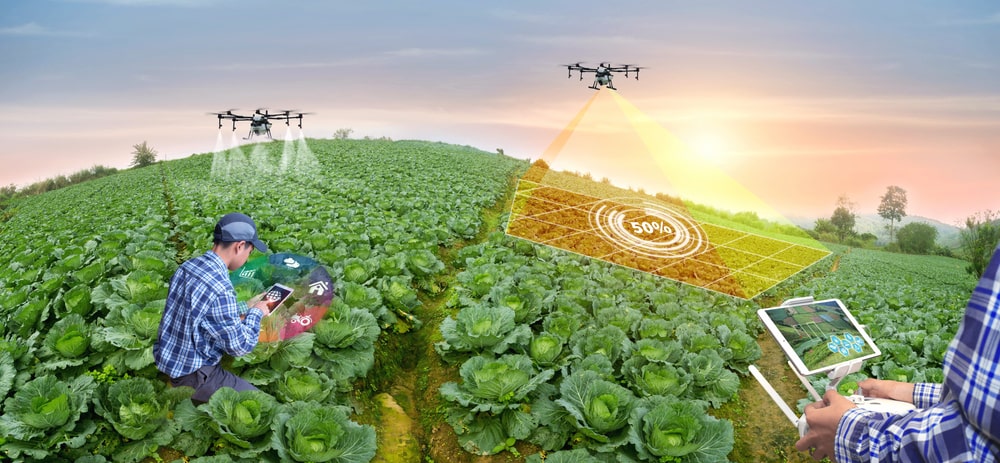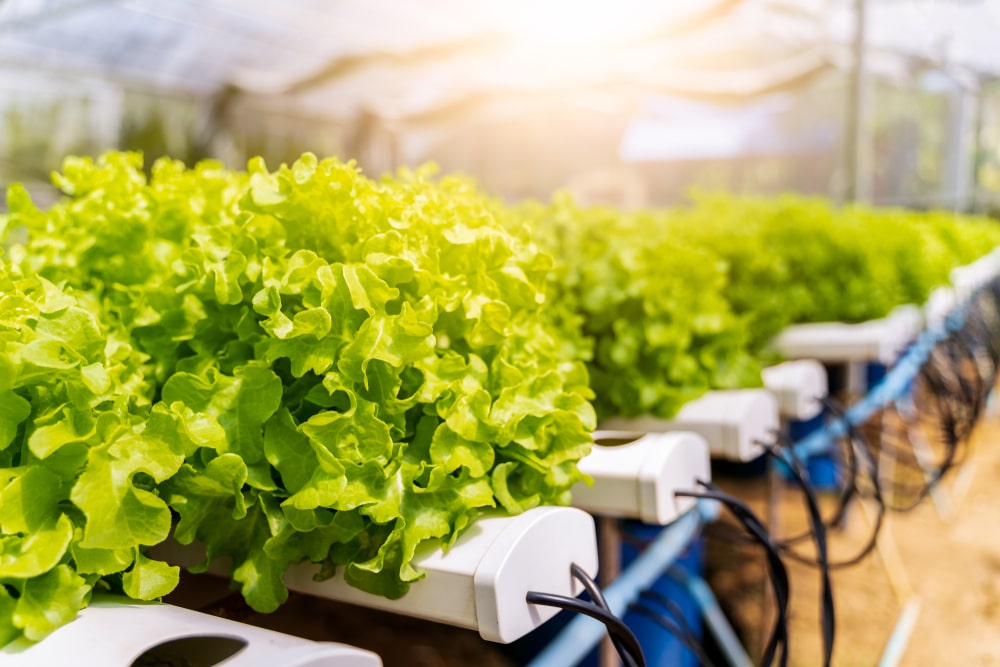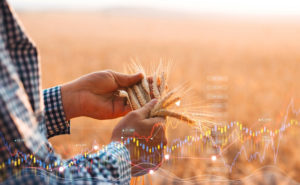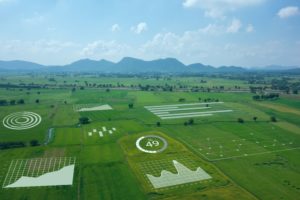The last century of farming practice has been characterized by remarkable advancements, most notably the incorporation of technology into every aspect of agricultural processes. Today, with the rise of autonomous technology, the agriculture industry is witnessing another significant shift. This evolution is redefining the way we grow and cultivate our food, paving the way for what many have termed the Fourth Agricultural Revolution.
Automated Control Systems
The heart of autonomous technology in modern farming rests on automated control systems. These systems integrate advanced AI algorithms to monitor, manage, and automate a variety of farming processes. They can control everything from irrigation and fertilization to pest control, eliminating human errors and significantly increasing farming efficiency.
These AI systems not only collect data but also interpret it, making informed decisions based on a myriad of parameters, such as soil health, weather conditions, and crop growth stage. This unprecedented level of control optimizes farm operations and maximizes crop yields, essentially transforming the way we farm.
Precision Nutrient Delivery Systems
One of the essential aspects of farming is ensuring that crops receive the right amount of nutrients at the right time. Precision nutrient delivery systems make this task effortless. They leverage autonomous technology to measure nutrient levels in the soil and administer the precise amount of fertilizers and nutrients needed, reducing waste and enhancing crop health.

In combination with automated control systems, precision nutrient delivery can drastically improve nutrient use efficiency, minimizing environmental impacts and reducing farming costs.
Remote Environmental Control Capabilities
With remote environmental control capabilities, farmers can now manage their operations from anywhere in the world. This advancement allows farmers to adjust environmental parameters like temperature, humidity, and light levels right from their devices. Such capabilities bring unprecedented flexibility to farming, making it possible to manage multiple farms across various locations from one central point.
Cloud Data Collection
Finally, the use of cloud data collection in farming brings about a new level of data accessibility and analysis. The collected data from various sources are stored in the cloud, where they can be analyzed in real-time or later. The cloud also enables sharing and collaboration, making it possible for teams or different farm locations to share insights and improve farming techniques.
These modern technologies, together, provide farmers with a new way of looking at farming. A way that’s more efficient, sustainable, and profitable. A way that’s set to revolutionize the agriculture industry.
Conclusion
Autonomous technology in farming is not merely a trend; it’s a fundamental shift in the way we approach agriculture. By automating and optimizing farming processes, we can look forward to more sustainable, profitable, and resilient food systems.
Total Grow Control is a frontrunner. Offering cutting-edge autonomous agriculture tech and cultivation design solutions.
Our advanced AI automated control systems, precision nutrient delivery systems, remote environmental control capabilities, and cloud data collection allow you to achieve record-breaking yields and maximum profits. Contact us and let us do the work for you.
Are you ready to step into the future of farming? Choose Total Grow Control.




